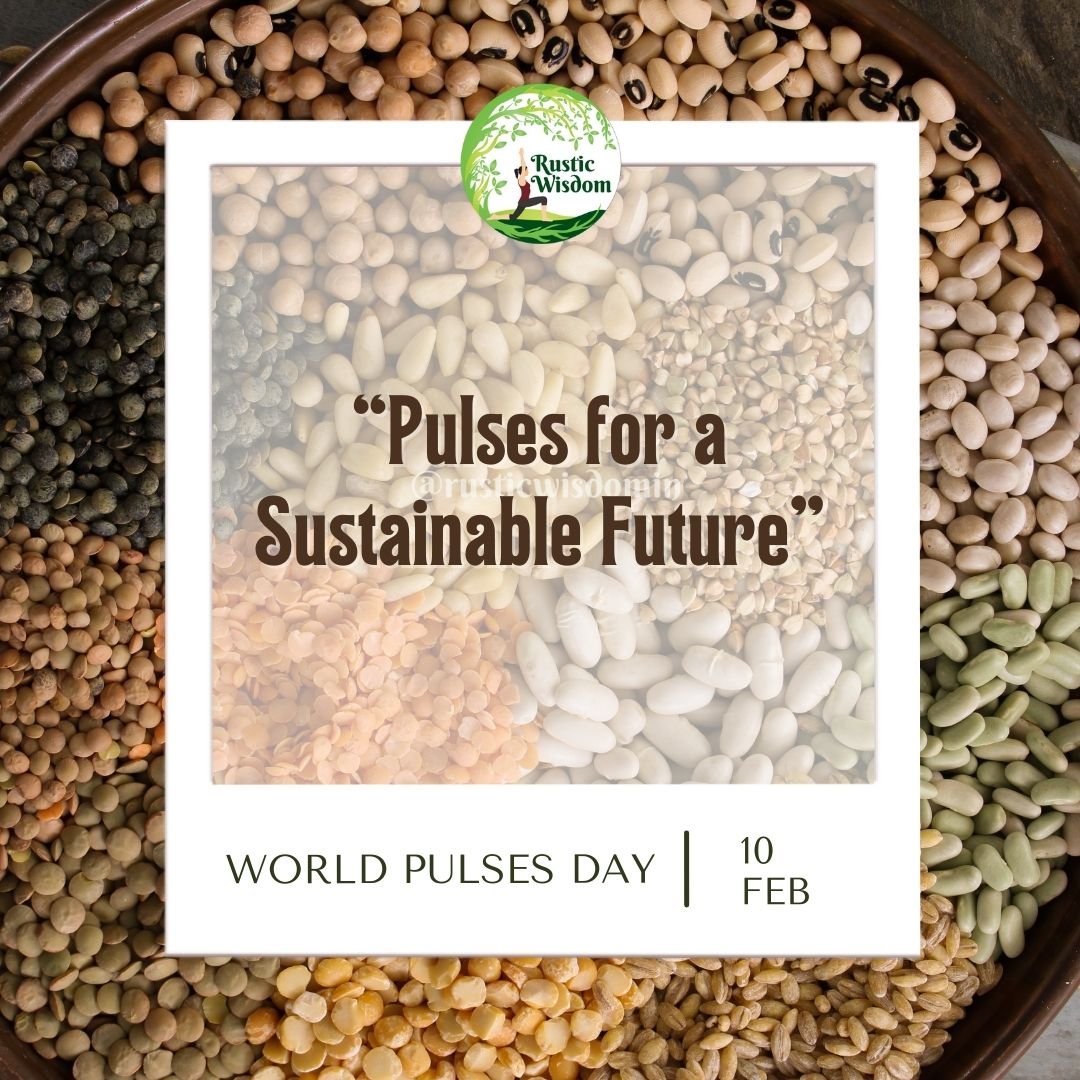Pulses have been part of our staple diet for ages. They are another way to describe beans, lentils, chickpeas and dry peas.
Let's learn some interesting facts about pulses:
1. Pulses are a rich source of protein; cultivating it needs far lesser water than animal protein. 1 kg of pulses needs 1250 litres of water compared to 4325 litres for 1 kg of chicken, 5520 litres for mutton and 13000 litres for 1 kg of beef.
2. Eating legumes can prevent obesity, diabetes and cardiovascular diseases.
3. The agricultural production of beans, chickpeas & lentils dates back to 7000 - 8000 B.C.
4. The nitrogen-fixing properties of pulses can improve soil fertility, which enhances and extends the productivity of farmland.
5. Rich in B Vitamins and minerals like iron and zinc, they are cholesterol-free, gluten-free, low fat and high in fibre content.
6. The soluble fibre in pulses helps to decrease blood cholesterol levels and controls blood sugar levels, and insoluble fibre helps with digestion and regularity of bowel movement.
7. Peanuts are, in fact, pulses and not nuts.
Our country's pulse production has climbed from 140 lakh tonnes to 240 lakh tonnes in the last five to six years, most of them primarily to meet domestic demand. We have realised their benefits and more and more people are adding them to their diets.
Since pulses can be stored for a longer time, they can be part of the solution to eradicate the world hunger problem.
#staplediet#pulses#wordpulsesday#vitamins#rusticwisdomin#rusticwisdomcommunity


